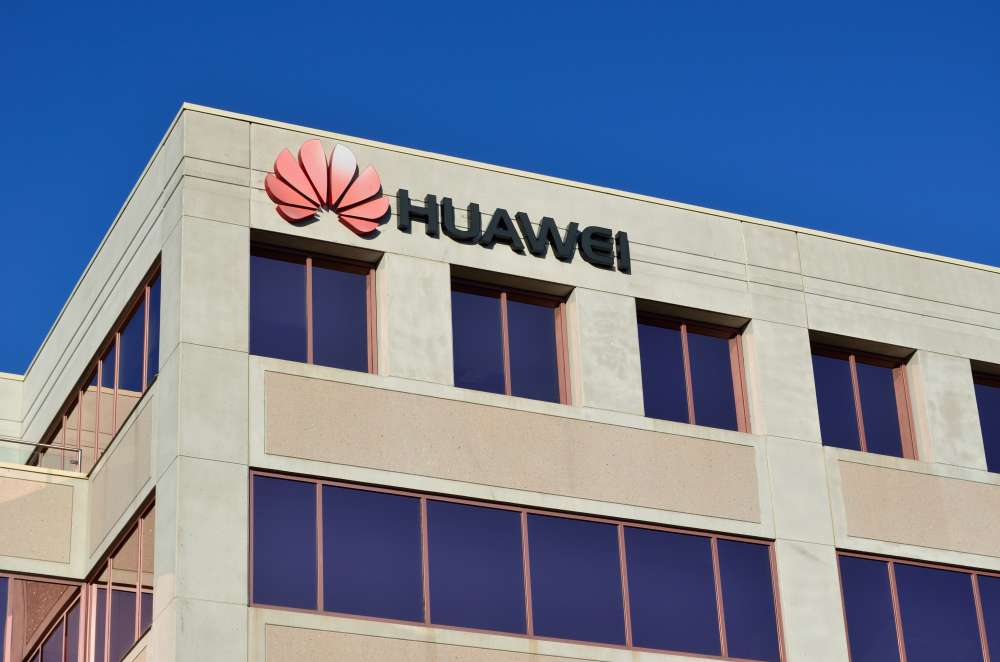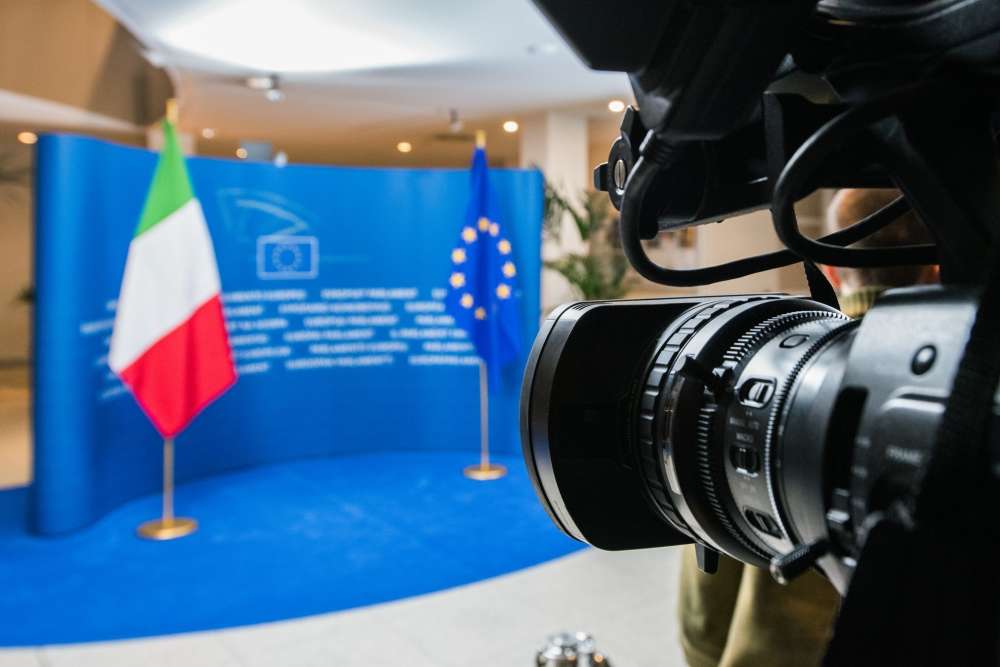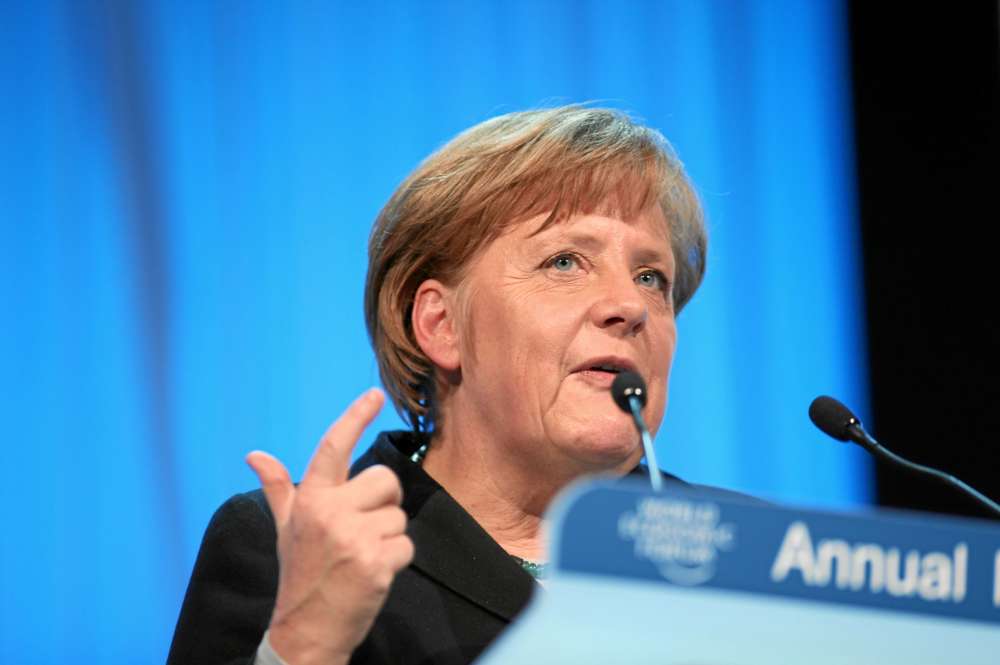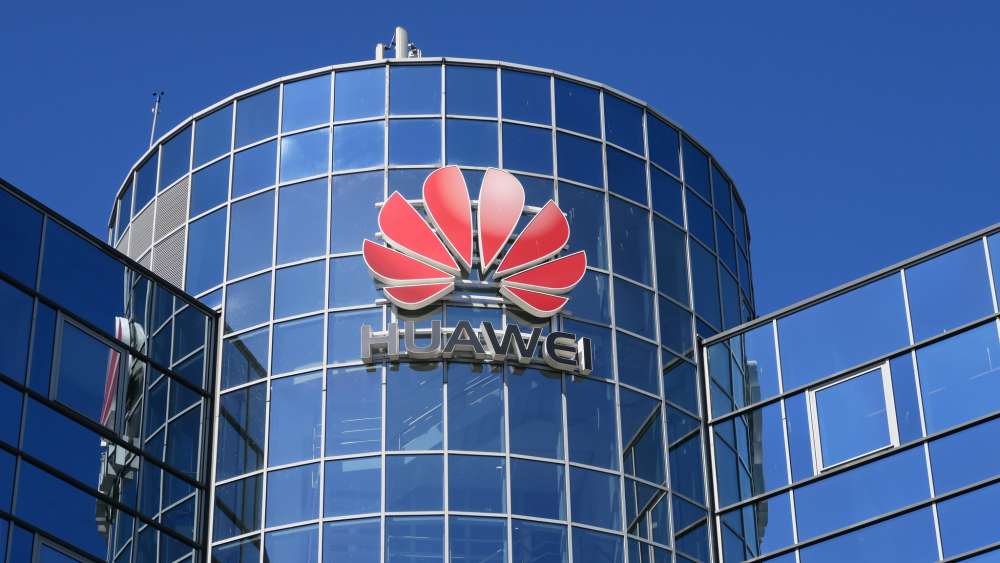How Should Europe Handle Relations With China?
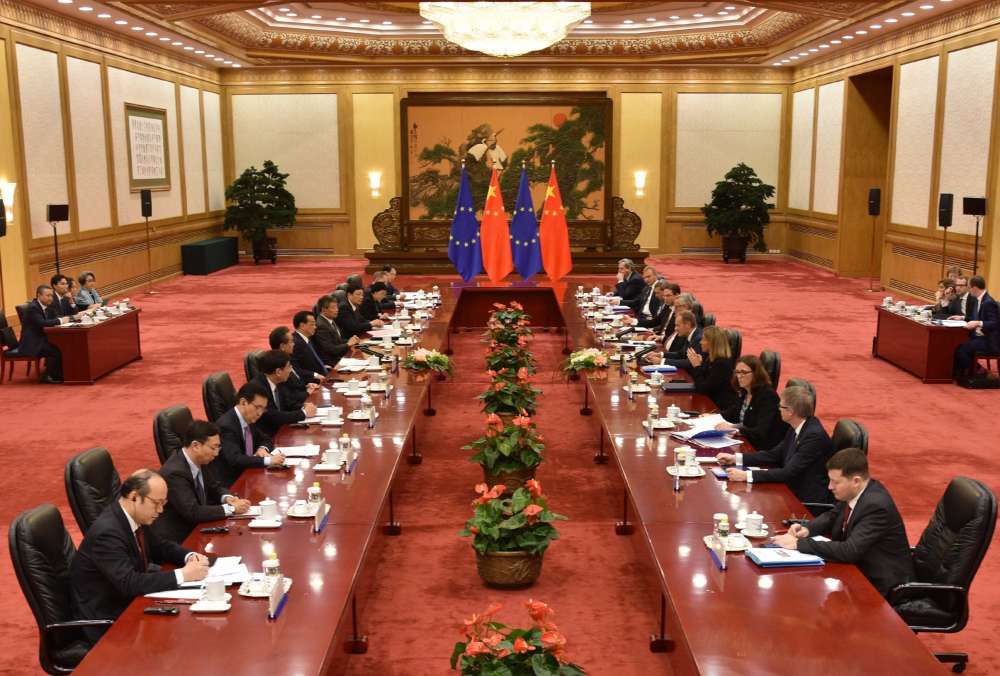
What a difference a year makes. At the 2018 EU-China summit, both sides celebrated the 15th anniversary of their “comprehensive strategic partnership,” and lyricized about “fruitful outcomes achieved in politics, economy, trade, culture, people-to-people exchanges.” This year, the summit follows the publication of the harsher “EU-China, a Strategic Outlook,” by the European Commission and the External Action Service. This document characterizes the Chinese party state in a way that leaves little room for a “comprehensive strategic partnership.” It labels China an economic “systemic rival” and a “strategic competitor” whose military build-up “presents security issues for the EU.” The French historian Francois Godement rightly calls the document a “Copernican revolution.”
The document explains how the EU can compete with China’s high-tech and authoritarian form of capitalism, and how it can counter China’s harmful political, economic, technological, and political practices. The 10-point plan published in the document serves as an excellent roadmap for European Commission President Jean-Claude Juncker and European Council President Donald Tusk to follow when they face Chinese Premier Li Keqiang on April 9. Using this template, they should press China to deliver on existing commitments and make it clear that the EU will not wait for China, but will act to protect its interests. Juncker and Tusk should also raise the issue of the two Canadians imprisoned by the Chinese government in retaliation for the arrest of Huawei’s Chief Financial Officer Meng Wanzhou. This will show that Europe not only stands in solidarity with Canada but is against Beijing’s push to normalize hostage-taking.
Of course, such a strong stance will not be taken seriously if the EU is not unified in their purpose. Li’s heading to the 16+1 summit to meet with the EU’s Central and Eastern European countries right after the EU-China Summit demonstrates the need for more unity in the EU. Indeed, the more powerful European nations have slowly realized that they must offer the weaker states chances to meet with the Chinese government outside the 16+1 framework.
Meanwhile, Germany is taking a step in the right direction with its plan to involve the heads of government from all European Member States in the 2020 EU-China summit. For Germany to seem credible, it must be willing to pay a price. That is why Chancellor Angela Merkel should end Germany’s bilateral consultations with the Chinese government, which brings together the full cabinets from both countries. Otherwise, smaller EU members will continue to call out German and French hypocrisy in pursuing their interests via privileged bilateral channels and for criticizing smaller states when they also try to secure a slice of the “Chinese pie.” The Copernican revolution only stands a chance of moving from ideas into action if the most influential EU Member States support unity in Europe.
…
This commentary was first published as part of a ChinaFile Conversation on April 8, 2019.
